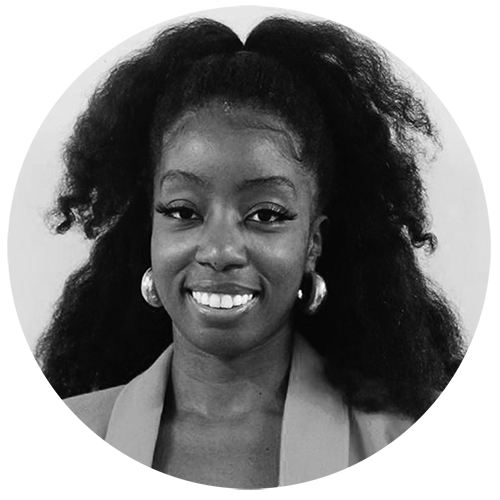When I first entered teaching, I realised it was about so much more than just my science lessons and their end of unit test results. Every child was unique, with a story that was uniquely theirs. As with any of us, their experiences so far had shaped who they were becoming and how they showed up in the classroom. I was a graduate who had spent her entire life in South London (to this day, I might add!) and knew that my experiences had shaped me too.
Over my time in education, moving from teacher to senior leader, I have learned that leadership isn’t only about climbing the ladder. It is about holding the door open for others, especially those who have been shut out for far too long.
One of the greatest lessons I’ve learned as a leader is that representation matters and so does authenticity. When young people see leaders who maybe look like them, who maybe share their cultural heritage, or understand their lived experiences, it can shift what feels possible. For me, leadership has always been about visibility, advocacy, and accountability.
But leadership is also about legacy. It’s about ensuring that as we climb, we make it easier for those who come after us. That means mentoring new teachers, particularly those from underrepresented backgrounds. It means challenging unconscious bias in recruitment and promotion. And it means holding the door open so that our classrooms and leadership teams reflect the diversity of the children we serve.
We cannot talk about education in Britain without talking about exclusion. Statistics repeatedly show that Black pupils, particularly boys of Caribbean heritage, are disproportionately excluded from schools. When I completed my MA thesis, some years ago, on the experiences of Black British Caribbean girls in school, my research drew me to the extensive studies out there, at the disproportionate underachievement of Black Caribbean children in the UK since the 1950s.
Each number, or statistic, is a child — a young person whose future can be, and often is, changed by a permanent exclusion. I understand the call for no exclusions. But as an experienced leader, I’ll say this: Circumstances differ, and so do contexts, and ultimately our job is to keep children safe.
Thus, the importance of intervention. When we intervene early — through mentorship, restorative approaches, or cultural inclusion — we do more than manage behaviour. We tell children: you belong here and we want to work with you and not against you. I have worked with students who were once the most behaviourally challenging but who were able to thrive with time, once they felt seen, valued, and understood. Leadership in education means creating environments where students are given the tools to succeed, not just in school, but in life.
This is where I align so strongly with the vision of PGS – Educators and the vision by Richard Ige . Their mission is to have a transformative impact on pupil life chances, irrespective of socio-economic status or background. This is exactly what drives me as an educator too — ensuring that circumstance is never the ceiling on a child’s potential.
Building on that vision, PGS-Educators are developing the Unlocking Your Potential Initiative. This programme is targeted specifically at pupils who are underperforming from disadvantaged backgrounds, offering structured interventions and mentorship that build confidence, resilience, and aspiration. To me, this is what real, practical change looks like. It’s about breaking cycles of underachievement and giving young people tangible reasons to believe in themselves.
As educators, leaders, and communities, we have a responsibility to hold the door open. To ensure that schools are spaces where every child feels seen, supported, and safe. To make sure that no student’s future is defined by exclusion.
My journey in education so far has been marked by both challenge and recognition. But the true reward is not the title or the accolades. It is the moments when a child who once felt invisible begins to shine.
Climbing the ladder has never been just about me but about lifting others too — children and adults alike. It has always been about ensuring that others can climb too. Every child deserves a fair chance to thrive. That is the kind of education system worth nurturing — and worth fighting for.

